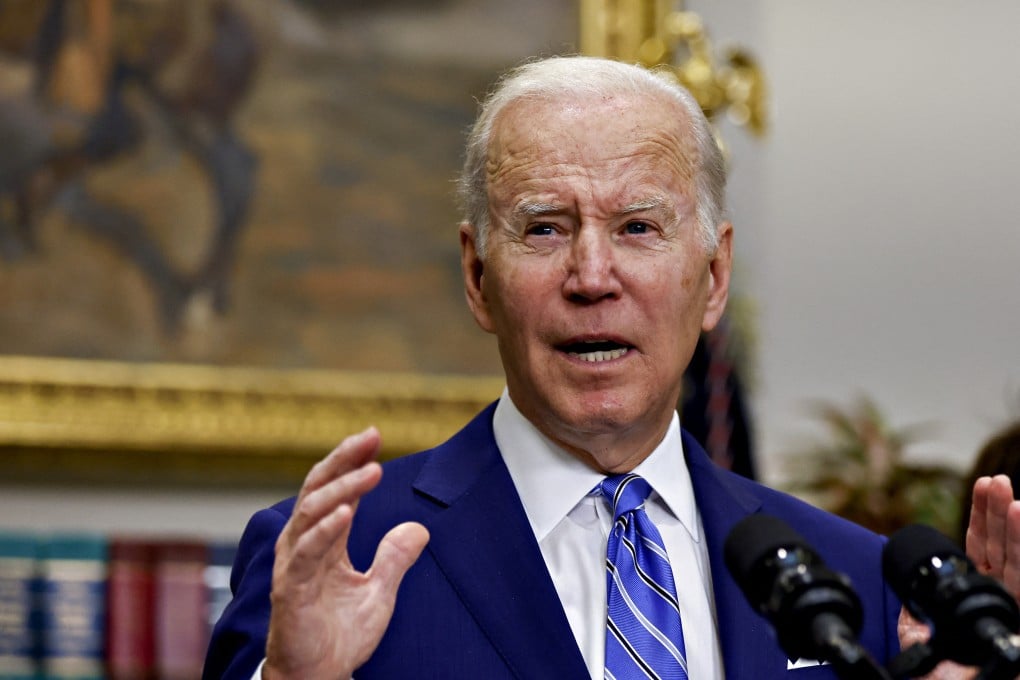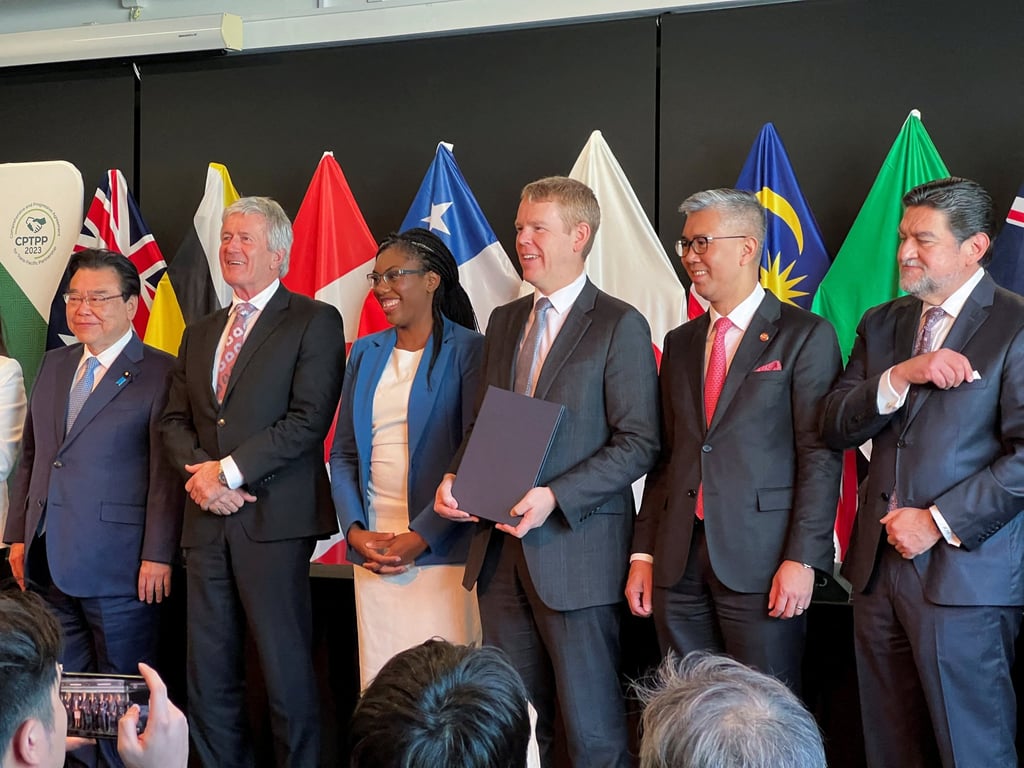US should drop pursuit of ‘American primacy’ in Southeast Asia, report urges
- Asia Society report says US should acknowledge it is ‘one of many regional actors’ and reduce ‘rules-based order’ rhetoric that Southeast Asians regard as hypocritical
- US should consider joining CPTPP, RCEP trade alliances and explain what Joe Biden’s Indo-Pacific Economic Framework offers to region, report adds

The US should abandon the idea of “American primacy” if it hopes to counter China’s sway in the “multi-actor” Southeast Asia region, the Asia Society has urged in a new report.
Observing that the region is now “genuinely multipolar, and China may, in fact, be the region’s primary power”, the report, titled Prioritizing Southeast Asia in American China Strategy and released on Tuesday, concluded that “America is only one of many regional actors”.

The report, a product of the society’s Centre on US-China Relations and the 21st Century China Centre at the University of California at San Diego, also advised Washington to “tone down rhetoric” about the international “rules-based order”.
“Southeast Asians see hypocrisy in such American protestations and view these as Western rules imposed on non-Western countries,” it noted.
Sitting on geographic chokepoints vital for global trade and transportation, Southeast Asia finds itself at the centre of competition for influence between Beijing and Washington.
And with US concerns over China’s expanding influence, preserving the rules-based order in favour of a free and open Indo-Pacific remains a key element of the strategy for the region developed by US President Joe Biden and his administration.
